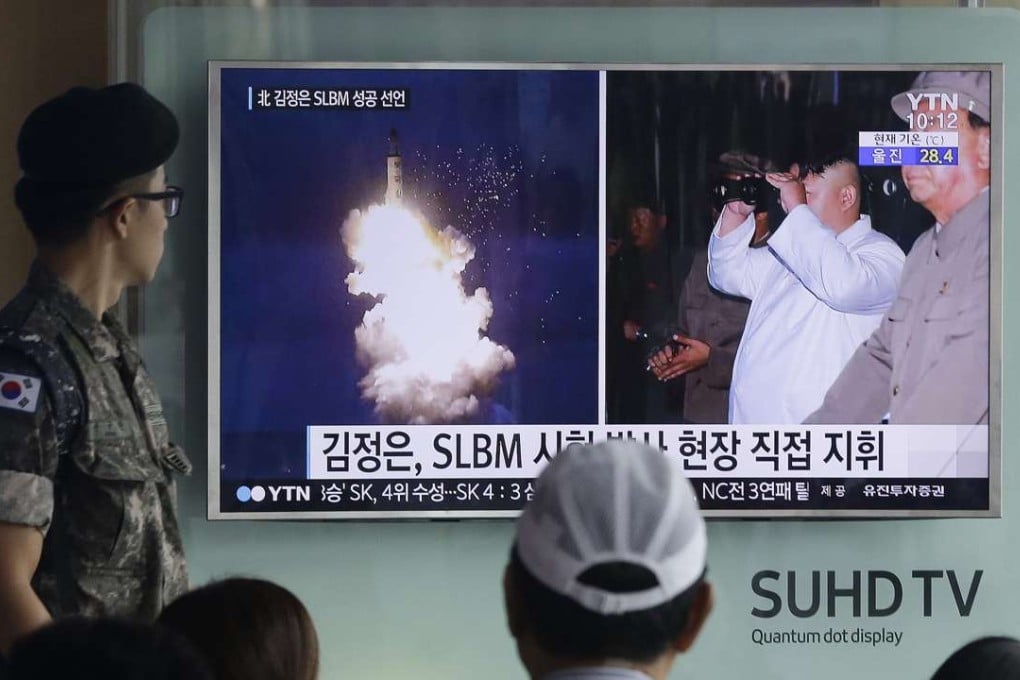China Briefing | Why it’s time for US, China to think outside the box on North Korea
North Korea's latest nuclear test shows Washington and Beijing must ditch their conventional approach, writes Wang Xiangwei.

Back in June when the Shangri-La Dialogue was in full swing in Singapore, no issue dominated the world’s top security forum like the territorial dispute over the South China Sea, as frenetic sessions drew dozens of defence ministers from the world’s most powerful militaries along with hundreds of officials, academics and corporate executives.
Has North Korea already prepared for its next nuclear test?
Completely overshadowed was a special session devoted to “Containing the North Korean Threat”, attended by the world’s best minds on the long-standing, vexing issue – leading academics, foreign affairs officials and military specialists from China, Japan, South Korea, Britain, and the United States.
Quite rightly too, as the takeaway from the 90 minute discussion was neither surprising nor inspiring.

While the panellists all agreed that North Korea’s threats were real, they disagreed on the best ways to move forward, and were far from offering effective and viable solutions to contain the threats.
The real danger that the international community is at its wit’s end about how to deal with the world’s most unpredictable regime showed itself once again little more than a week ago when North Korea conducted its biggest nuclear test – its fifth so far – indicating it was making progress in its efforts to build a functional nuclear warhead.
Defiant North Korea 'ready for new nuclear test' as global powers mull response
As expected, the blast has drawn worldwide condemnation with the US and South Korea pushing for new sanctions and Washington on Tuesday sending nuclear-capable supersonic bombers streaking over a South Korean air base, less than 80km from the North Korean border.
